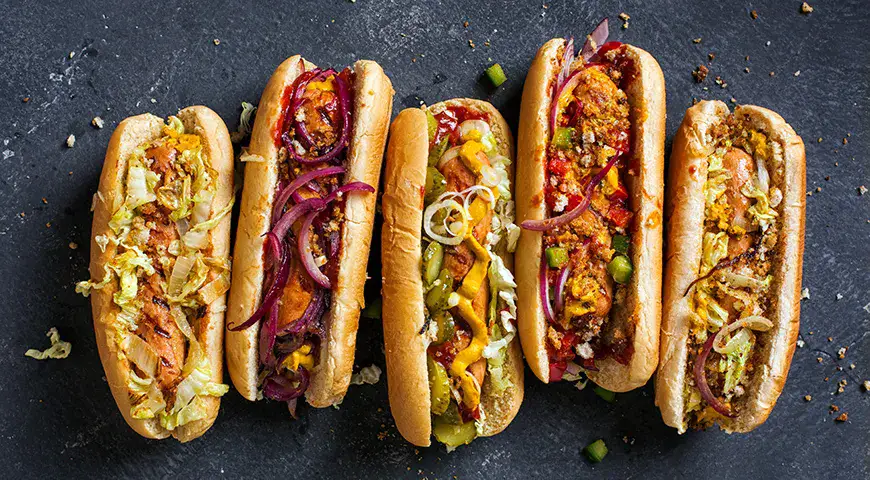Fast-Casual Dining Takes Russia by Storm: What Is It?
Discover the new dining trend combining the best of both worlds: restaurants and fast food.
Introduction to Fast-Casual Dining
Gone are the days when dining out boiled down to choosing between a restaurant and a fast food joint. The rise of fast-casual dining presents a delightful alternative, offering delicious and original meals with high-quality ingredients, quick service, and reasonable prices. What else could one desire?

Emergence of a New Trend
Fast-casual eateries took the market by storm in the years leading up to the pandemic, particularly in 2018-2019. Premium burgers, shawarmas, and hot dogs made from quality ingredients were not only appealing for their taste but also for their innovative preparations. After a hiatus, the trend resurged in 2021 with new restaurants opening across Russia, driven by famous YouTubers and TV personalities.
Recent Openings
8956: Saviour of Gourmet Hotdogs
Oleg Grigoriev, a renowned YouTube food reviewer, opened his own chain of hot-dog eateries named "8956." Despite the higher price point (starting at 550 RUB for a hot-dog), the chain offers gourmet delights, such as the "Moscow dog" with shrimp and tom yam sauce.
Hot-Dog Bulldog by Garik Kharlamov
Comedian Garik Kharlamov's venture embraces diverse cuisines with options ranging from traditional Danish dogs to unique creations featuring truffle sauce. The humor’s in the naming, too, with puns like "Peace-Datski dog."
Est.1993 by Stardogs
With a history traced back to 1993, Stardogs' fast-casual chain plans broad expansion. Their creative brioche buns and tempting fillings like pastrami signal a premium edge, with prices ranging from 490 RUB to 790 RUB.
Kotleta po-Kievski Cafe
A minimalistic approach with a focus on a single dish, allowing for further popular customization like mashed potatoes. Despite supply shortages, the venture thrives on its streamlined concept.
Why Choose Fast-Casual?
According to Sergey Mironov of "Meat & Fish," the agility of fast-casual operations allows for easier procurement and minimal reliance on imports, making it a viable alternative amid rising costs. As full-service restaurants grapple with logistics, many are gravitating towards this highly adaptive format.
